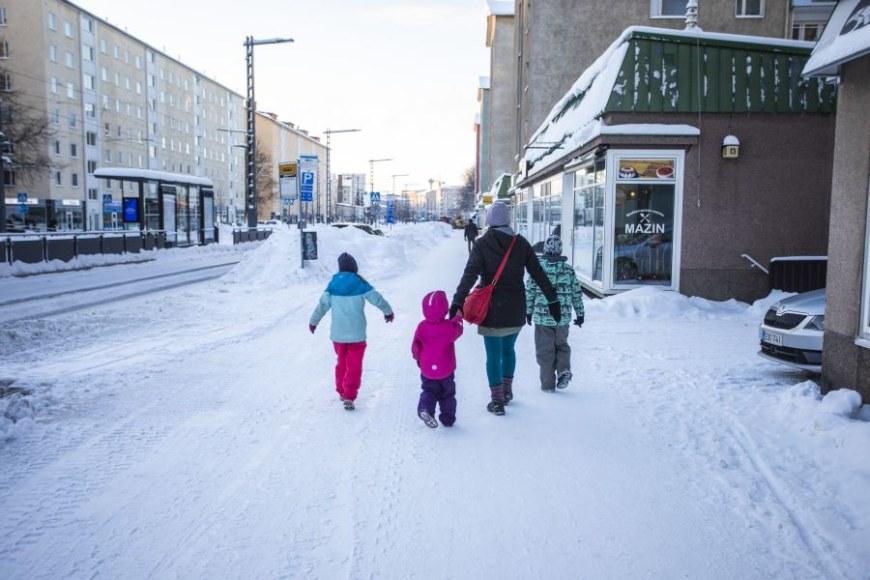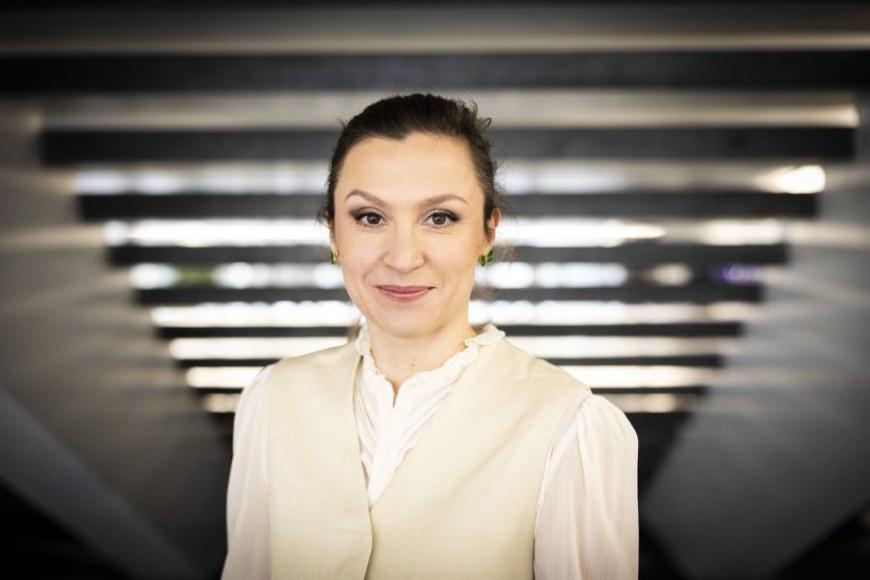Mechanisms of inequality drive families’ childcare and early childhood education solutions

University Lecturer Katja Repo and Professor Emerita Kirsti Karila from Tampere University were involved in the joint project of Tampere University, the University of Jyväskylä and the Finnish Institute for Health and Welfare, which examined childcare subsidies and early childhood education and care services from the perspective of equality and non-discrimination. Repo and Karila were also among the editors of the new book that is intended for students, researchers, and policy makers in the field.
Karila says that the project was partly inspired by the idea of parental choice, which is emphasised in the childcare policy debate.
“We wanted to challenge this notion. Is it just up to the family alone to decide what kind of early childhood education path their child will take? The more we investigated this question, the more we saw how many different issues are at stake. Many conditions are set for parental choice,” Karila says.
Municipalities have different services and mindsets
Repo points out that the book uses the word ‘solutions’ rather than ‘childcare choices’ to underline the fact that many mechanisms are guiding families’ decisions. The solutions are influenced, among other things, by the different family benefits, the early childhood education system, the parents’ experiences of working life, and cultural expectations. Local solutions are created within the framework of national legislation.
The study highlights the importance of local policies. There are differently weighted cultural mindsets about what constitutes a good childhood and good parenting.
“The local variation between municipalities is reflected, for example, in the available types of early childhood education and care. Is there family day care, childhood education centres and open early childhood education and does the municipality pay an allowance for home care?” Karila asks.
Repo also emphasises the differences market mechanisms are making between municipalities. Private provision is a growing element in the service system.
“Some municipalities may have adopted a strategy to invest in private services. Such services may be supported, for example, by offering land for development,” Repo points out.
“Private services are located according to their own market logic and go where the operations are profitable,” Karila adds.
Inequalities in everyday life is caused by many factors
Inequality is translated into everyday life as a question of supply. What choices can be made in the first place? Day care solutions are also influenced by the parents’ material resources. For example, is the family able to transport the child by car, or is there public transport?
According to Karila, the choice of home care may be based on the parents’ precarious employment situation. In such cases, it may often make more sense to continue caring for the child with a home care allowance rather than returning to work.
“Many different policies are relevant here, not just those concerning early childhood education or family policy, but also regional and demographic policy. Everything from constructing infrastructure onwards plays a role in the solutions,” concludes Karila, summing up the diversity and complexity of the subject.
According to Karila and Repo, it has been very interesting to be involved in such a long and significant project, during which a huge amount of social change has happened. The follow-up studies that have been carried out shed light on the implications of these changes for families, communities, and children’s lives.
CHILDCARE is a research consortium funded by the Strategic Research Council (SRC). The project was active in 2015–2021. In addition to the book, the project has a website and a blog.
Petteri Eerola, Katja Repo, Maarit Alasuutari, Kirsti Karila & Johanna Lammi-Taskula (eds.)
Lastenhoidon ja varhaiskasvatuksen monet polut. Lasten, perheiden ja politiikan näkökulmia
ISBN 9789523451544. Gaudeamus 2022
Enquiries:
University Lecturer, Research Director Katja Repo, +358 50 318 6199, katja.repo [at] tuni.fi (katja[dot]repo[at]tuni[dot]fi)
Professor Emerita Kirsti Karila, +358 50 396 9675, kirsti.karila [at] tuni.fi (kirsti[dot]karila[at]tuni[dot]fi)
Text: Nina Jylhä
Photograph: Jonne Renvall





